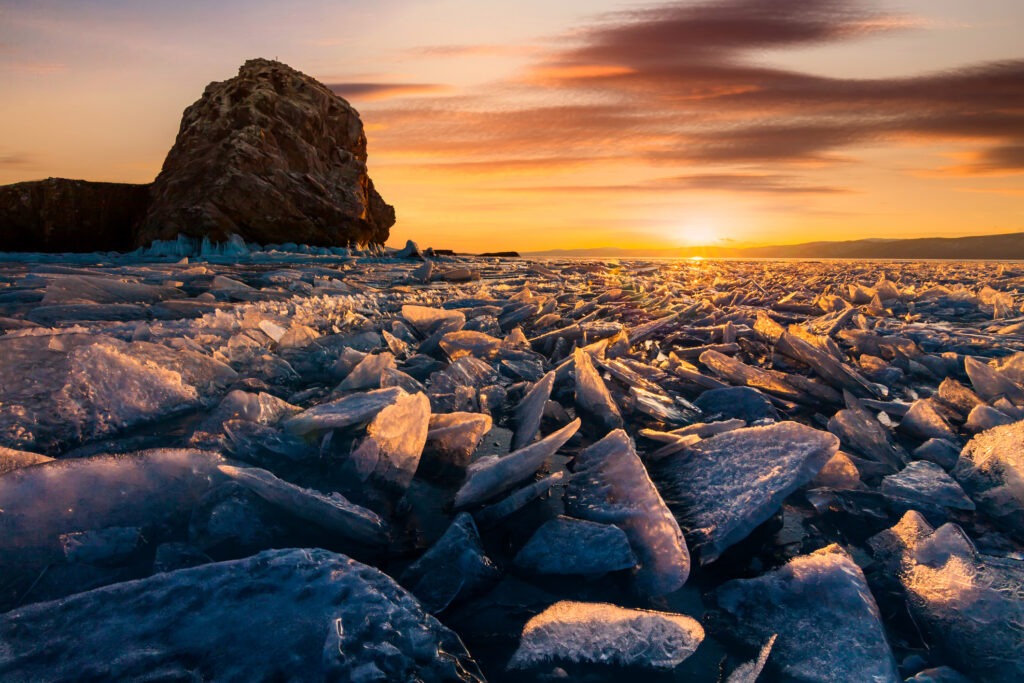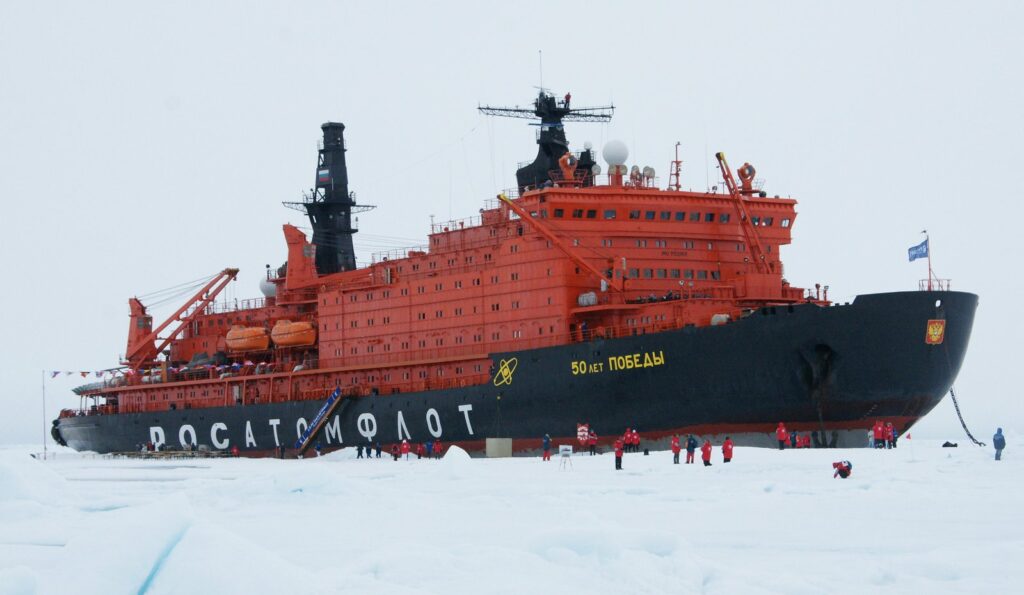Canada, with one of the world’s largest overseas Ukrainian populations, also announced a wide array of sanctions against Russia, as well as support for Nato operations in Europe and assistance for Canadians leaving the war zone.
Sweden, Finland and Denmark said they were preparing to close their airspace to Russian planes, joining a number of European countries after Russia’s invasion of Ukraine. Finland and Sweden, the two Arctic states that are not Nato members, have intensified cooperation with Nato.
In Finland, where the “Nato question” has not been an issue for years, a citizens’ initiative demanding a referendum on applying to join Nato gathered the required number of signatures for consideration by parliament within a few days. Non-European Union member Norway said that it will join Brussels’ sanctioning of Russia and will host major Nato exercises in March as planned.
Western economic sanctions to cut off Russia from the world’s financial arteries have been the most potent reaction to the Ukraine crisis to date. But the outpouring of condemnation from scientists and research organisations worldwide is also having a significant impact, and affects Russia’s Arctic development.





Reflection from the 2024 Arctic Circle Assembly: Charting the Future of Arctic Governance